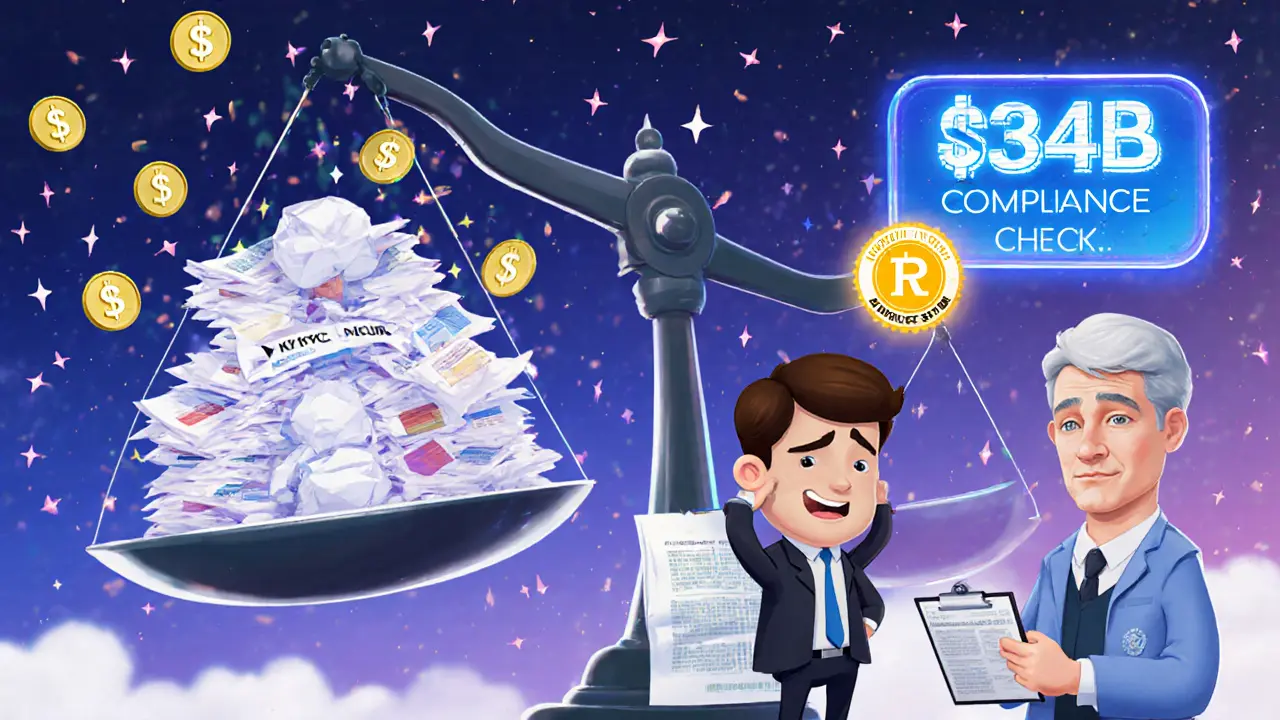South Korea Crypto Regulation: What You Need to Know in 2025
When it comes to South Korea crypto regulation, the country enforces one of the most detailed and strict crypto oversight frameworks in Asia, blending heavy monitoring with controlled innovation. Also known as Korea's cryptocurrency legal framework, it treats digital assets as property—not currency—and subjects them to heavy reporting, licensing, and tax rules. Unlike places where crypto is either banned or ignored, South Korea demands transparency: every exchange must register with the Financial Services Commission (FSC), and users must use real-name bank accounts to trade.
This system doesn’t just target exchanges—it follows the money. The KFTC crypto, the Korea Fair Trade Commission, steps in when meme coins or pump-and-dump schemes spike, cracking down on misleading marketing and fake influencers. Also known as Korea’s consumer protection body for digital assets, the KFTC has fined platforms for false claims and shut down unregistered trading bots. Meanwhile, the crypto exchange rules Korea, mandated by the FSC, require all platforms to store 95% of user funds in cold wallets, run regular audits, and block anonymous trading. Also known as Korea’s exchange compliance standards, these rules make it harder for scams to operate—but also harder for small traders to find low-cost options.
Taxes are another big piece. The Korea cryptocurrency tax, applies to every trade, transfer, or sale of crypto, with rates up to 20% on profits over 2.5 million KRW ($1,800) per year. Also known as South Korea’s crypto capital gains tax, it’s enforced through bank reporting and exchange data sharing with the National Tax Service. No more hiding trades—your wallet activity is tied to your ID, and failing to report can mean fines or even jail time.
Why does this matter? Because South Korea’s rules shape what’s possible for traders, investors, and developers. If you’re using a Korean exchange like Upbit or Bithumb, you’re under their watch. If you’re holding crypto from abroad, you still owe taxes if you’re a resident. And if you’re building a DeFi tool or launching a token, you need legal clearance before even testing it. This isn’t a free-for-all—it’s a tightly controlled ecosystem.
What you’ll find in the posts below isn’t just news—it’s real-world context. You’ll see how scams like EtherMuim and Play Royal Exchange got caught in Korea’s net, how local exchanges like Mangata and DeDust navigate these rules, and why tokens like BNX and UB can’t just launch without compliance. This isn’t about speculation—it’s about survival in one of the world’s toughest crypto markets. If you’re trading, investing, or building anything in crypto, understanding South Korea’s system isn’t optional. It’s the difference between staying legal and losing everything.
$34 Billion Potential Penalties for Korean Crypto Exchange Upbit Over KYC Failures
Upbit, South Korea’s largest crypto exchange, faced potential $34 billion fines for failing to verify half a million users’ identities. The crackdown exposed systemic KYC failures and triggered global compliance reforms.
- 23
- Read More
